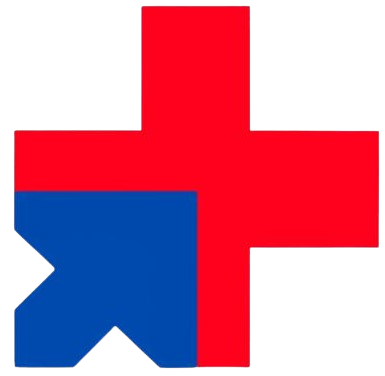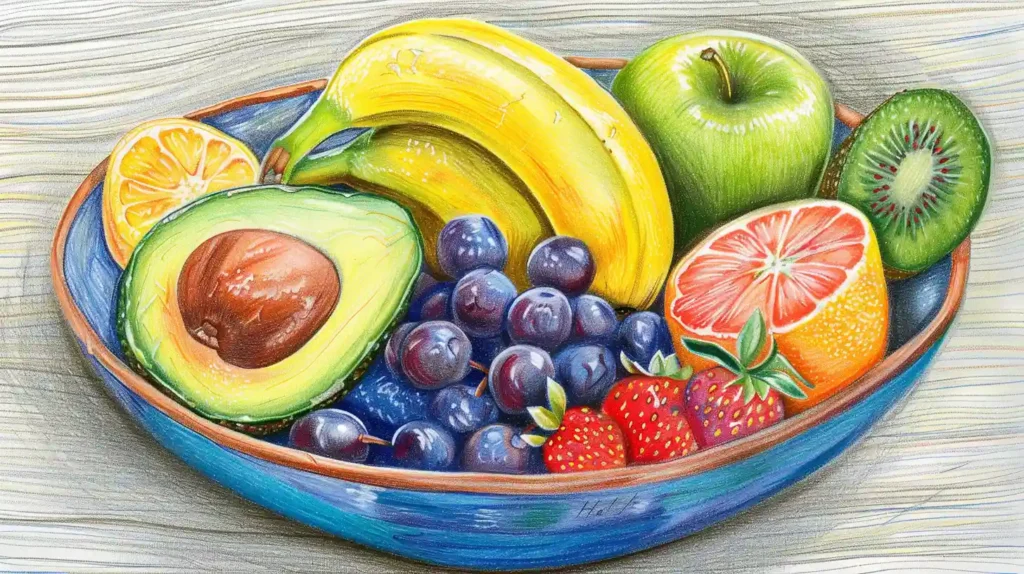Building muscle requires more than just protein and weightlifting – a balanced diet with nutrient-dense foods like fruits is equally important. Often overlooked due to their natural sugars, many fruits actually provide essential nutrients that aid muscle growth, recovery, and performance. One might ask, what are some of the best fruits for muscle gain?
From carbohydrates for energy to vitamins, minerals, and antioxidants that reduce inflammation and support repair, incorporating specific fruits can be a valuable addition to a muscle-building regimen.
While protein remains the cornerstone, carefully selecting and incorporating the right fruits unlocks a wealth of complementary nutrients to maximize muscle gains and overall health. Today, we shall take a look at the best fruits for muscle gain.
Nutrient Profile of Muscle-Building Fruits
But first, what makes a fruit good for gaining muscle?
While fruits are often associated with their natural sugar content, many varieties offer a unique blend of nutrients that can significantly contribute to muscle growth and recovery. Understanding the specific nutrient profiles of muscle-building fruits can help you make informed choices and maximize their benefits.
Carbohydrates for Energy
Carbohydrates are the primary fuel source for intense physical activity, including resistance training. Fruits like bananas, mangoes, and grapes are rich in carbohydrates, providing the energy needed to power through challenging workouts. Additionally, the carbohydrates found in fruits can help replenish glycogen stores after exercise, ensuring that your muscles have the necessary fuel for recovery and growth.
Vitamins and Minerals for Muscle Recovery
Fruits are excellent sources of various vitamins and minerals that play crucial roles in muscle recovery and repair. For example, citrus fruits like oranges and grapefruits are rich in vitamin C, which is essential for collagen production and the absorption of iron, both of which are important for muscle growth and repair. Bananas are a good source of potassium, which helps regulate muscle contractions and prevent cramps.
Antioxidants for Reducing Inflammation
Strenuous exercise can lead to oxidative stress and inflammation in the body, which can hinder muscle recovery and growth. Fortunately, many fruits are packed with powerful antioxidants that can help combat this oxidative stress. Berries, such as blueberries, raspberries, and strawberries, are particularly rich in antioxidants like anthocyanins and vitamin C, which can help reduce inflammation and promote muscle repair.
By understanding the nutrient profiles of muscle-building fruits, you can strategically incorporate them into your diet to support your fitness goals. Whether you’re looking for a quick energy boost before a workout, replenishing glycogen stores after exercise, or reducing inflammation for optimal recovery, the right fruits can provide the necessary nutrients to fuel your muscle-building journey.
Best Fruits for Muscle Gain
While many fruits can contribute to a muscle-building diet, some stand out for their exceptional nutrient profiles and potential benefits. Here are some of the best fruits for muscle gain to consider incorporating into your routine:
Bananas
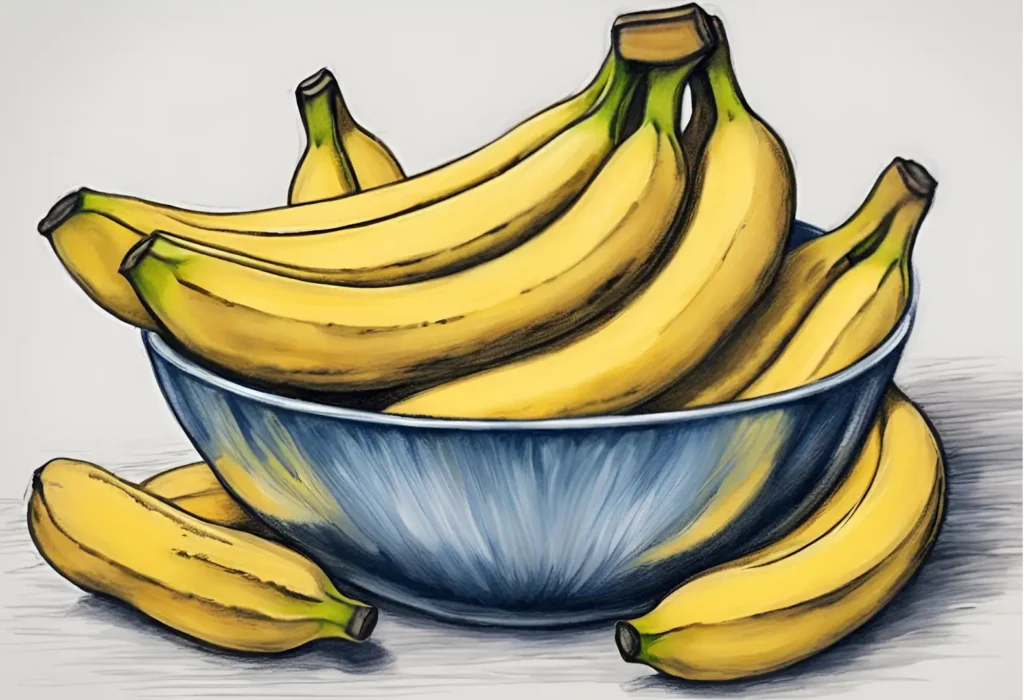
Bananas are a go-to fruit for many athletes and fitness enthusiasts due to their high carbohydrate and potassium content. The carbohydrates in bananas provide a quick source of energy, making them an ideal pre-workout snack or post-workout recovery food. Additionally, the potassium in bananas helps regulate muscle contractions and prevent cramps, which can be particularly beneficial during intense training sessions.
Avocados
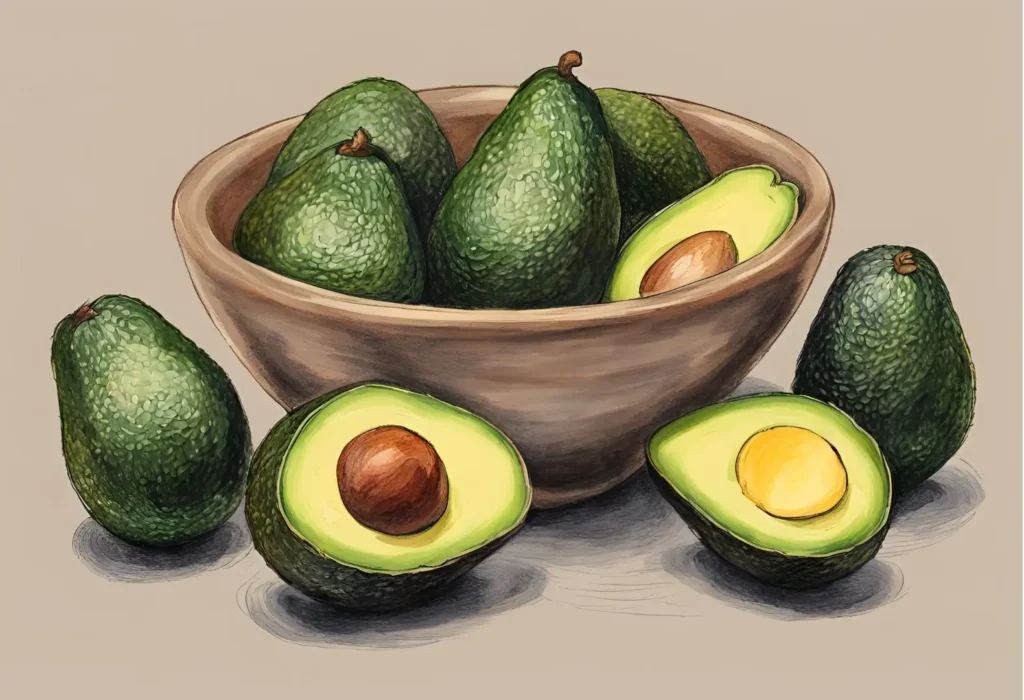
Although technically a fruit, avocados are often overlooked in muscle-building diets. However, their unique nutrient profile makes them an excellent choice for supporting muscle growth and repair. Avocados are rich in healthy monounsaturated fats, which can aid in muscle recovery and reduce inflammation. They are also a good source of fiber, which can help regulate blood sugar levels and promote a feeling of fullness, making it easier to adhere to a calorie-controlled diet.
Berries (blueberries, raspberries, strawberries)

Berries are packed with antioxidants, particularly anthocyanins and vitamin C, which can help combat the oxidative stress and inflammation caused by strenuous exercise. This can promote faster muscle recovery and reduce soreness, allowing you to train harder and more frequently. Additionally, berries are a good source of fiber, which can support overall health and aid in weight management.
Oranges
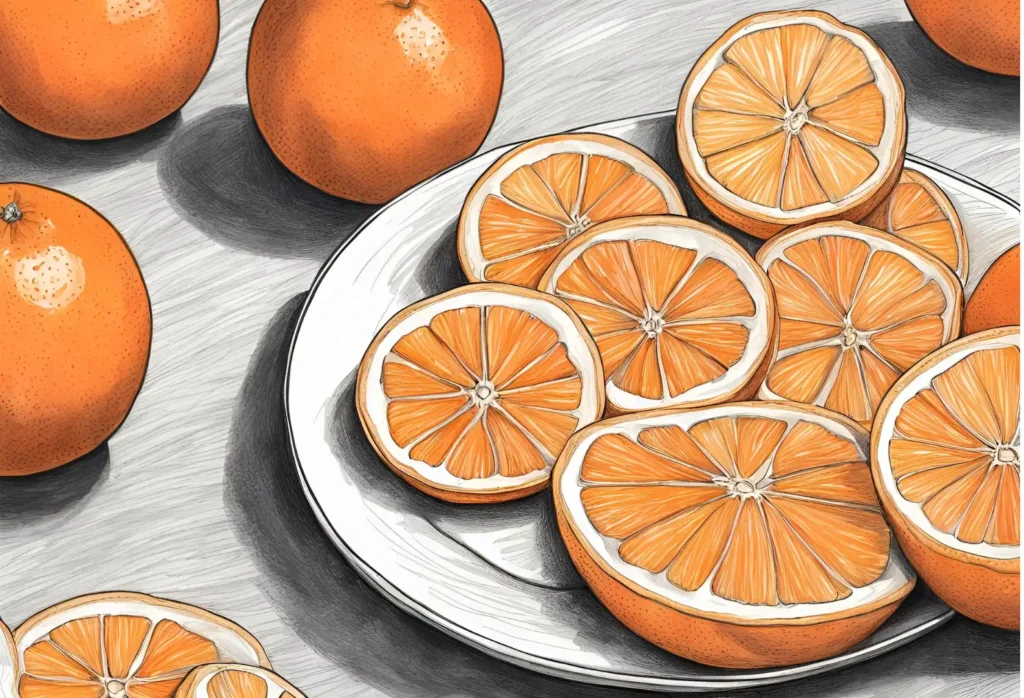
Oranges are an excellent source of vitamin C, which is essential for collagen production and the absorption of iron, both of which are crucial for muscle growth and repair. Additionally, oranges are rich in potassium, which can help regulate muscle contractions and prevent cramps. Their natural sweetness and juiciness make them a refreshing and hydrating snack option before or after a workout.
Pineapple

Pineapple contains bromelain, a powerful anti-inflammatory enzyme that can help reduce muscle soreness and inflammation after intense exercise. This can aid in faster recovery and allow you to return to your training routine more quickly. Pineapple is also a good source of vitamin C, which supports collagen production and immune function, both of which are important for muscle growth and overall health.
Grapes

Grapes are rich in resveratrol, a potent antioxidant that can help reduce inflammation and oxidative stress in the body. This can support muscle recovery and potentially enhance endurance during exercise. Additionally, grapes are a good source of carbohydrates, providing a quick source of energy for workouts or replenishing glycogen stores after exercise.
Incorporating Fruits for Maximum Muscle Gain
Meal Timing
- Pre-workout snacks: Opt for easily digestible, carb-rich fruits like bananas, mangoes, or dates to fuel your workouts with a quick energy boost.
- Post-workout: Reach for nutrient-dense fruits like berries, oranges, or pineapple to aid in recovery and replenish glycogen stores. Blend them into a protein shake or smoothie.
- Throughout the day: Include fruits like apples, grapes, or avocados as snacks or part of meals to meet your overall calorie and carbohydrate needs for muscle growth.
Combining with Other Nutrients
- Pair fruits with a source of lean protein, such as Greek yogurt, cottage cheese, or a protein shake, to provide the necessary amino acids for muscle protein synthesis.
- Combine fruits with healthy fats like nuts, nut butters, or avocado to create a more balanced and satiating meal or snack.
- Incorporate fruits into post-workout meals or snacks alongside complex carbohydrates like whole grains or legumes to replenish glycogen stores effectively.
Portion Control and Variety
- Be mindful of portion sizes, as fruits can be high in natural sugars. Aim for 1-2 servings per meal or snack.
- Rotate through a variety of fruits to benefit from their diverse nutrient profiles and antioxidant compounds.
- Choose fresh, whole fruits over juices or dried varieties, which can be higher in concentrated sugars and lower in fiber.
Training and Lifestyle Factors
- Engage in regular resistance training to stimulate muscle growth and provide the necessary stimulus for your body to utilize the nutrients from fruits effectively.
- Stay hydrated and get adequate sleep to support muscle recovery and growth.
- Maintain a calorie surplus by adjusting your overall diet to consume more calories than you burn, as building muscle requires a surplus of energy.
Fuel Your Muscle Growth with the Best Fruits for Muscle Gain
Building muscle requires a comprehensive approach that combines effective resistance training, adequate protein intake, and a balanced diet rich in essential nutrients. While fruits may not be the first food group that comes to mind when thinking about muscle-building, they can play a valuable role in supporting your fitness goals.
Throughout this article, we’ve explored the unique nutrient profiles of various fruits and how they can contribute to muscle growth, recovery, and overall performance. From carbohydrates for energy to vitamins, minerals, and antioxidants that aid in muscle repair and reduce inflammation, fruits offer a natural and nutrient-dense way to fuel your body’s muscle-building processes.
Building muscle is a process that requires patience, consistency, and a commitment to a balanced lifestyle. While fruits may not be the sole solution, they can be a valuable addition to your overall muscle-building strategy, providing essential nutrients and supporting your body’s ability to grow and recover.
Today we talked about the best fruits for muscle gain. Here are some other articles that you might like:
What are the Best Fruits to avoid for Weight Loss?
What are the Best Cereal for Weight Loss?
The Best Period Comfort Food: Feel Better Instantly
What are the Best Fruits for Muscle Gain?
ADHD Comfort Food: Try These Now!
